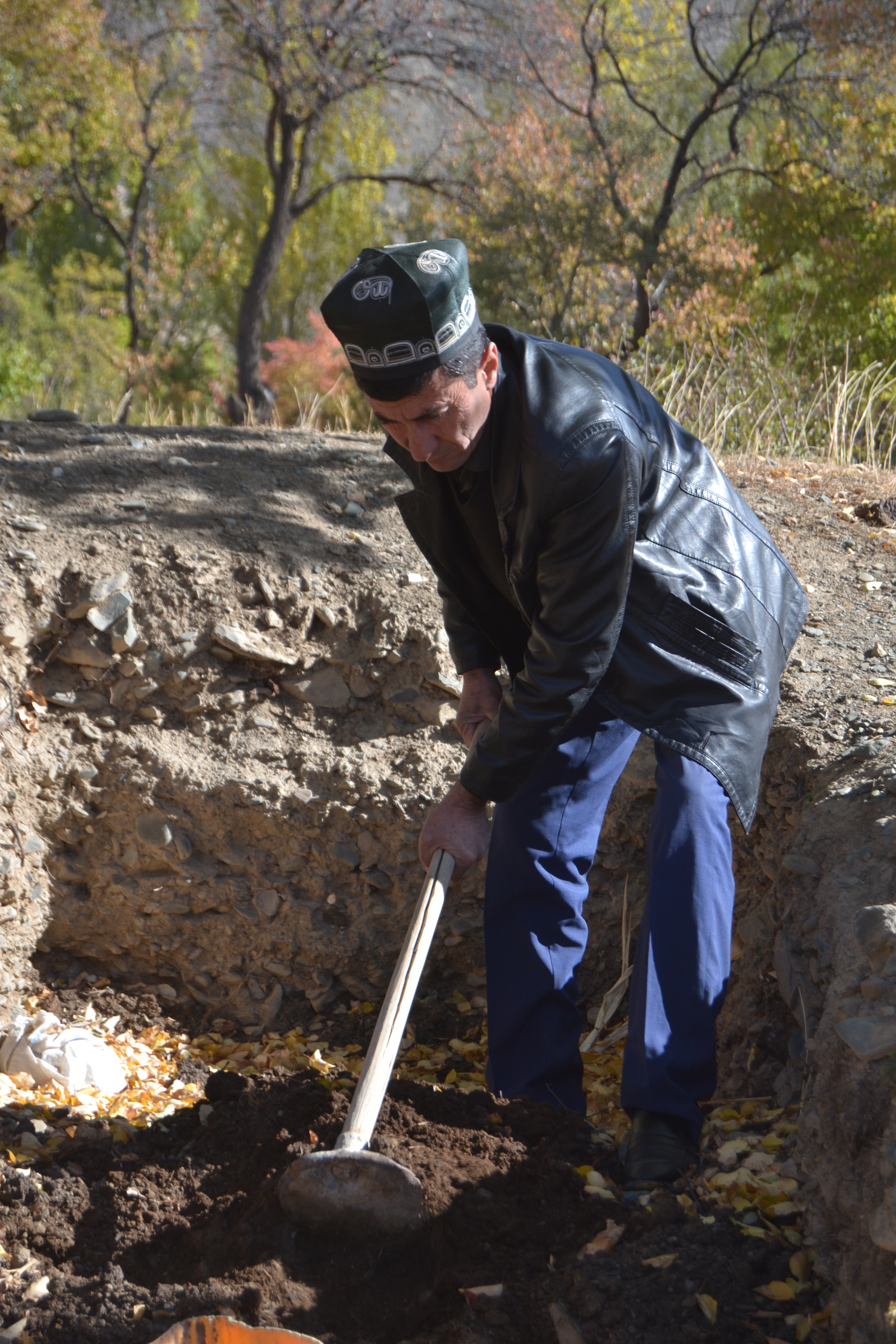

By decomposing organic matter, natural soil fertilizer can be generated from what is usually regarded as waste. Organic matter as weeds, leaves, cut grass, residuals from harvest, animal dung, ash, green and brown pruning material, kitchen waste, such as eggshells and vegetable peels and other organic materials are mixed and decomposed by microorganisms for producing long-acting manure.
Compost not only improves the soil structure but also its porosity, creating a better environment for the root system of plants. It also increases the permeability of heavy soils and reduces erosion and runoff by increasing the soil's water retention capacity.
Compost supplies a variety of macro and micronutrients and in general a significant amount of organic matter to the soil.
Compost also can be used for preparing liquid manure, a very quick-acting organic top dressing which can be applied if vegetables show a deficiency of nutrients or are in a phase when they need many nutrients, e.g. tomatoes after flowering.
Given the climatic conditions in Tajikistan, with very dry summer and cold winter, compost is normally produced in pits. Most commonly, a two-pit system is recommended.
Preparation of compost is easy and allows using and recycling own resources. This is especially important in Tajikistan where farmer families lack resources for purchasing synthetic fertilizer.
A quick acting and effective organic top dressing can be prepared from compost.
A problem with compost preparation in Tajikistan is that farmers frequently prefer giving organic matter, mainly weeds as fodder to animals instead of composting it. Additionally, compost preparation faces some challenges in Tajikistan due to climate conditions; during summer activity of microorganisms is hindered by drought and during winter by the cold. Therefore, compost sites should be established in pits, watered regularly in the summer and covered by a tarpaulin in winter.